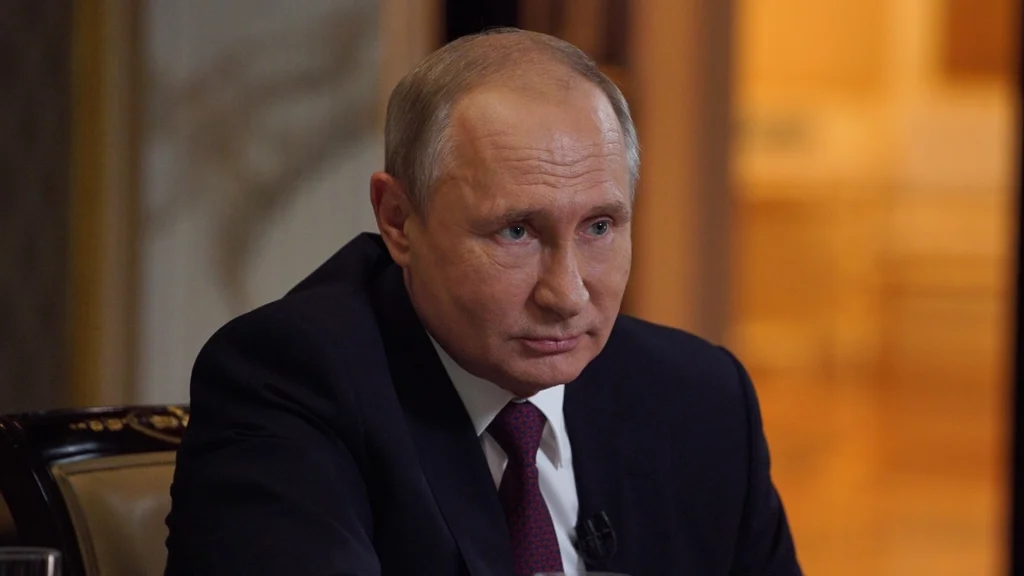Austria Joins Europe’s Energy Shift and Cuts Russian Gas Pipeline
Others are reading now
For decades, Austria maintained a stable energy partnership with Russia. This changed when Austrian energy company OMV announced it had terminated its long-term contract with Russia’s Gazprom.
This decision came after 18 years of cooperation but was prompted by what OMV described as repeated breaches of the agreement by Gazprom, reports Ziare.
Austria’s Chancellor Karl Nehammer backed the move, stating that Austria would not be “blackmailed by Russia.”
The contract, originally set to run until 2040, ended immediately. This comes after OMV successfully won an arbitration case against Gazprom over a different deal.
Also read
The court ruled in OMV’s favor, ordering Gazprom to pay €230 million for failing to meet its obligations.
Following the legal dispute, Gazprom stopped sending gas to OMV, further deteriorating their relationship.
OMV, once one of Gazprom’s key European customers, has now joined the list of countries cutting ties with Russian energy.
Before the war in Ukraine, Russia supplied most of Europe’s natural gas. However, the invasion triggered a significant shift.
Many European nations began reducing their reliance on Russian gas to weaken its economic influence.
Austria had been slower to pivot due to its historical dependence, but this decision marks a clear turning point.
Russian gas flowed to Austria through pipelines crossing Ukraine and Slovakia. While volumes had decreased since the war began, OMV’s latest announcement ensures that these deliveries will stop permanently.
The decision reflects Austria’s effort to strengthen its energy independence and move away from Russian supply.
Chancellor Nehammer emphasized that Austria’s energy needs are secure. OMV has diversified its sources by tapping into domestic production in Norway and Austria and securing liquefied natural gas (LNG) from international suppliers.
Its gas storage facilities are currently filled to 85%, providing a strong safety net for the country.
The original deal with Gazprom was signed in 2006. At the time, it was praised as a milestone in Austria-Russia relations.
Over time, however, critics pointed out its rigidity and how it conflicted with European efforts to phase out Russian gas after the Ukraine invasion.
Now, Austria is taking a decisive step to protect its energy future.


